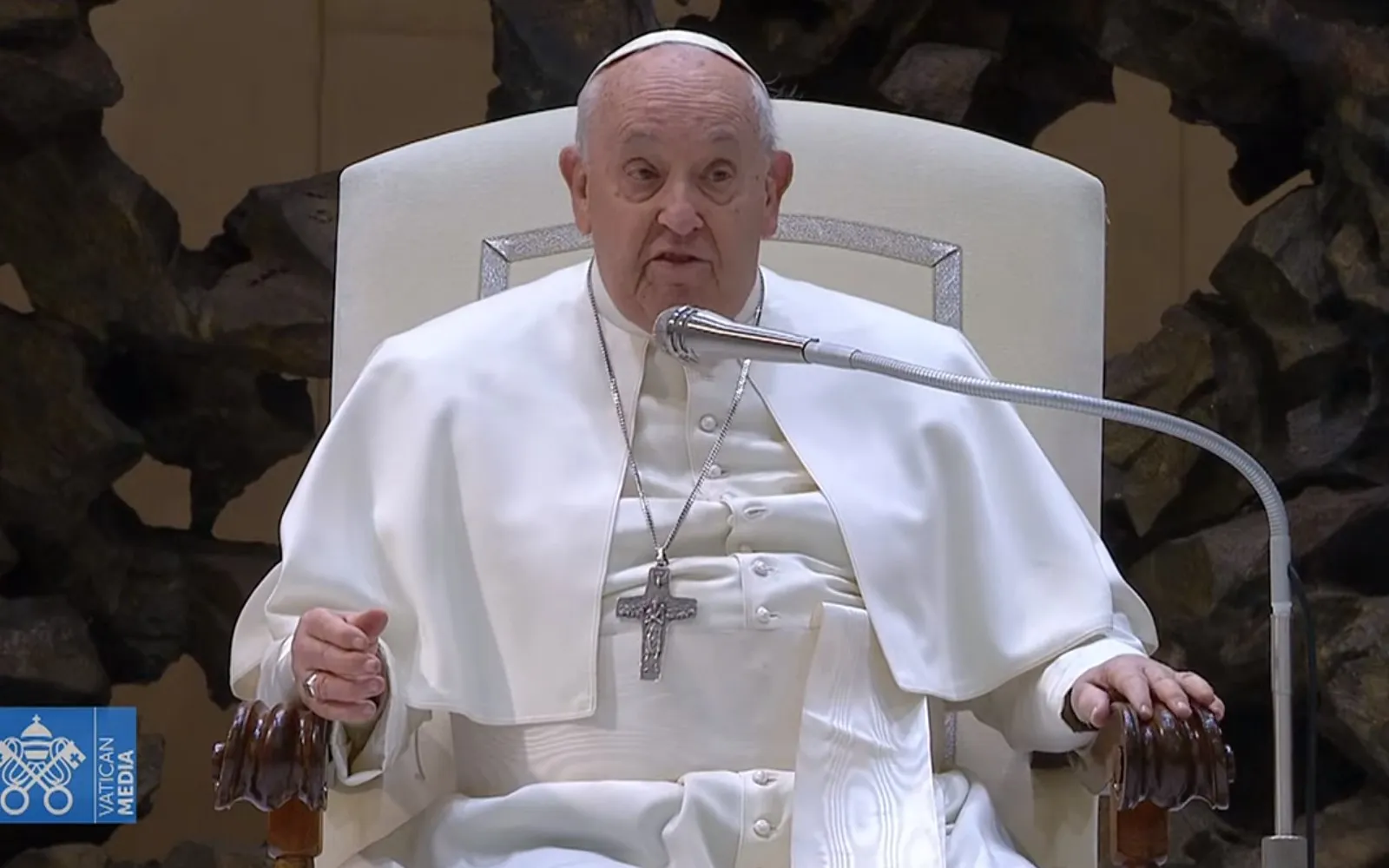At the root of this vice is a false idea of God: it is not accepted that God has his own “mathematics”, different from ours. For example, in Jesus’ parable about the workers called by the master to go to the vineyard at different times of the day, those in the first hour believe that they are entitled to a higher salary than those who arrived last; But the master gives them all the same pay, and says: “Have I not the right to dispose of my property as I see fit?” Why do you take it badly that I am good? (Mt 20:15). We would like to impose our selfish logic on God, but God’s logic is love. The goods He gives us are meant to be shared. That is why Saint Paul exhorts Christians: “Love one another cordially; Let each one esteem others more than himself” (Rom 12:10). Here is the remedy against envy!
And we come to the second vice that we examine today: vainglory. This goes hand in hand with the demon of envy, and together these two vices are characteristic of a person who aspires to be the center of the world, free to exploit everything and everyone, the object of all praise and love. Vainglory is an inflated and unfounded self-esteem. The vainglorious person has a dominant “I”: he lacks empathy and does not realize that there are other people in the world besides him. His relationships are always instrumental, marked by the other’s arrogance. His person, his achievements, his successes must be displayed to everyone: he is a perpetual beggar for attention. And if sometimes you don’t recognize his qualities, he gets fiercely angry. The others are unfair, they don’t understand, they don’t measure up. In his writings, Evagrius Ponticus describes the bitter affair of some monks affected by vainglory. It happens that, after his first successes in the spiritual life, he already feels that he has arrived, and that is why he throws himself into the world to receive praise from it. But he does not realize that he is only at the beginning of the spiritual path, and that he is lurking in a temptation that will soon make him fall.
To cure the vain, spiritual teachers do not suggest many remedies. For, after all, the evil of vanity has its remedy in itself: the praise which the vain man hoped to reap from the world will soon turn against him. And how many people, deceived by a false image of themselves, have later fallen into sins of which they would soon be ashamed!
